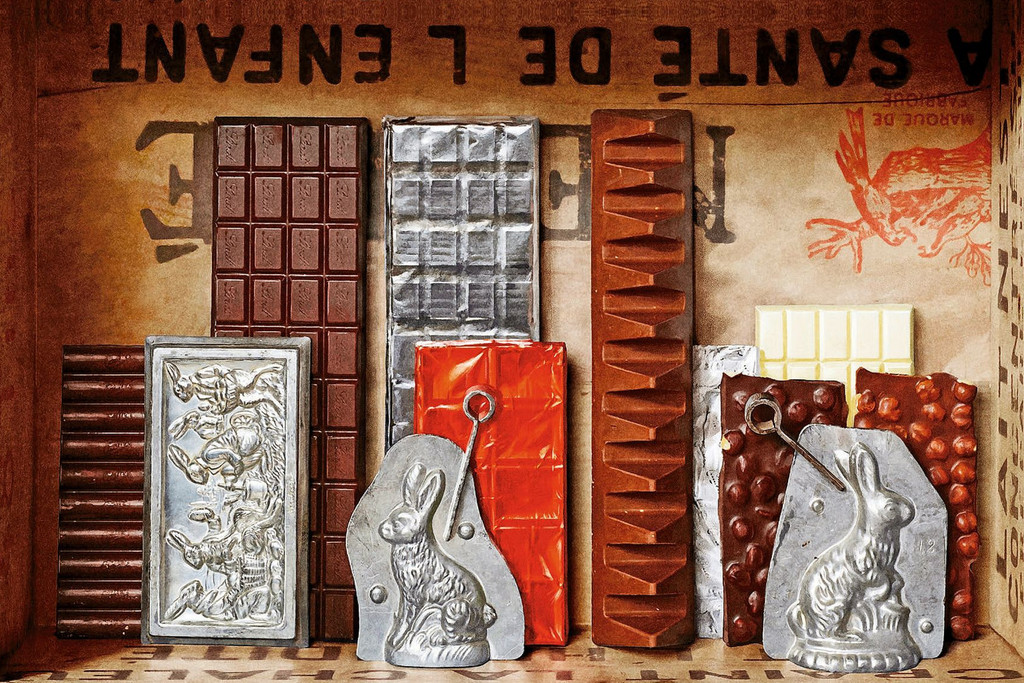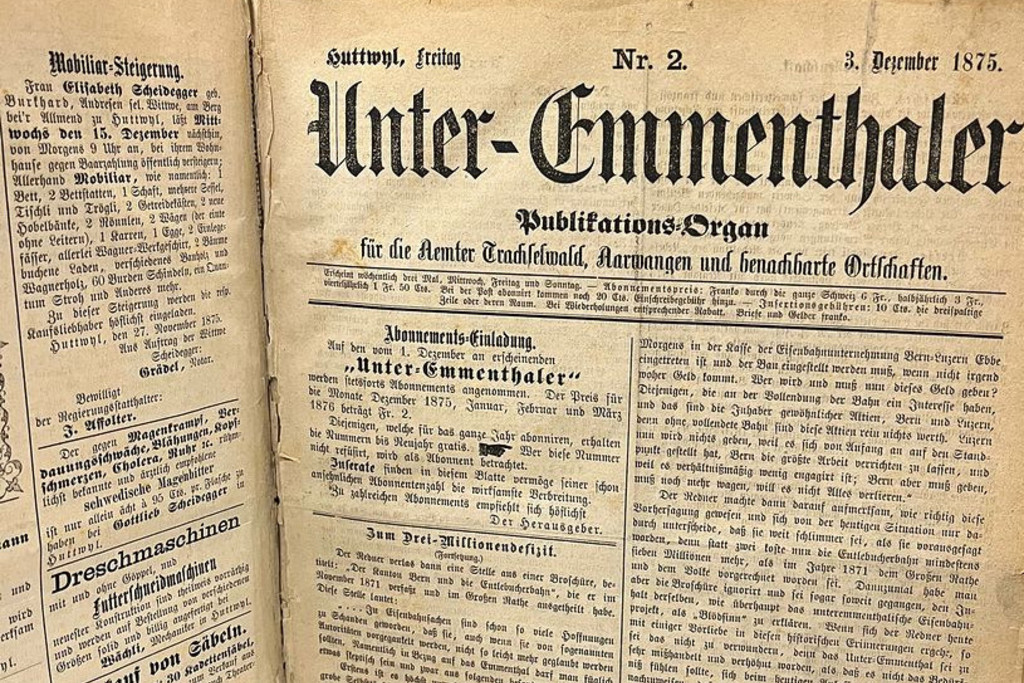Theft is rife in Switzerland. However, either the incentive to steal other people’s property is decreasing or theft prevention is getting better. Switzerland’s latest crime statistics indicate that fewer break-ins were recorded again last year. Whereas over 200 cases a day were recorded in 2012, there were just 127 in the latest statistics for 2016. This may not provide any comfort for the victims. The facts nevertheless point to the conclusion that while people may still not feel safe subjectively, security is improving statistically in Switzerland.
A look at the bigger picture raises hopes. It is not just “crimes against property” that are falling as the total figure for all offences has been declining since 2012. The Swiss crime statistics recorded 612,000 criminal acts in 2012. That figure has since fallen by almost a quarter and now stands at 448,000. More good news is that the statistics on young offenders have continually improved. The number of minors violating the criminal code has dropped by almost half since the standardisation of the statistics in 2009. Crime committed by young adults is also at a low. The prejudice against young people that they are not law-abiding enough has not been backed up.
Domestic violence and homicide
Switzerland’s crime statistics nevertheless continue to reflect the depths of humanity. Of all things the most brutal type of crime remained at the same level as in previous years. With a murder rate of 0.6 cases in 100,000 inhabitants, Switzerland – together with Iceland, Japan, Singapore, Hong Kong, Indonesia, Kuwait, Bahrain and French Polynesia – is actually at the bottom of the list in terms of worldwide statistics on homicide. The figure is a long way off the rate in countries like Norway (2.2), the USA (4.7), Russia (9.2) and Venezuela (53.7). Though, from the viewpoint of the relatives affected, such comparisons are inappropriate as they do not make the 45 murders recorded in the latest crime figures any more bearable. The fact that almost half of the 45 victims lost their lives as a result of domestic violence is disturbing. This situation is so serious that even the usually matter-of-fact Federal Statistical Office made a very pointed statement: “A woman is killed as a result of domestic violence every three weeks.” In total, 17,700 criminal cases of domestic violence were recorded.
Even crime statistics where overall numbers are falling have rogue upward trends. In Switzerland the upwards trend is for legal action taken against defamation. The number of cases of libel recorded has more than doubled since 2009. Are Swiss standards of decency slipping? That is something which cannot be measured. However, the uninhibited style of “free speech” familiar from the comment columns of many media outlets may have pushed the figures up. “It is a short step from screenshot to criminal complaint, whereas slander in the pub can often not be proven,” remarks the Zurich-based lawyer Martin Steiger who specialises in this field. The first sentences have now been passed down on people who have clicked the “Like” button on libellous Facebook content, committing the offence of distributing defamatory statements.
The digital underworld
Defamation in cyberspace is just one indication of a major change generally. The criminal fraternity is deviously shifting to digital networks. The trend is also confirmed by Stefan Blättler, President of the Heads of the Cantonal Police Departments. This presents obvious problems. Perpetrators work under the protection of the anonymity of the virtual world. Crimes facilitated by digital networks nevertheless affect the real world. Switzerland, too, faces the issue of the dark web, the anonymised corner of the internet where illegal goods – such as weapons, drugs, false passports, medicines, stolen credit cards and hacker services – can easily be acquired. As dark web customers often pay in bitcoins or other cryptocurrencies, no trace of their illegal activities is left.
The easy availability of illegal goods – including weapons – presents new dangers and makes the work of the police more difficult. Put simply, Switzerland, which has become a safer place statistically, is at the same time facing growing insecurity in a particular area. The dark web expert Otto Hostettler believes: “This will have a major impact on us. Huge black markets are emerging on the dark web at breakneck speed. This affects Switzerland too. Swiss criminals are also buying and supplying their illegal goods while the authorities and law enforcement agencies look on helplessly.” The police have indicated that they are taking action, but this new criminal phenomenon is proving extremely challenging.
A decline in offences recorded overall or the murky underworld of the internet that is obscure to the public – what are the headlines that have been appearing in the Swiss media? They play on minor differences. On the Rhine they indulge in the debate over why Basel-Stadt is now “Switzerland’s most criminal canton” with a crime rate of “110.1 crimes per resident” (“Basler Zeitung” on 28 March). While Basel does in fact top the crime statistics, the situation is not nearly as dreadful as the newspaper quoted would have us believe. It gets snared by the figures. There are 110.1 offences of all kinds per thousand residents. One of the reasons why the figure is this high is that a disproportionately high number of bicycles are stolen in Basel.
Interlaken – an exceptional case
The shock news from Basel almost comes as a relief elsewhere. The tourist destination of Interlaken is pleased that it has not been designated as a hive of criminal activity this time around. This has frequently happened in the past, but an incredibly high number of offences are regularly recorded there. However, the case of Interlaken in particular illustrates the limited meaningfulness of statistics. All the crimes recorded in this place, which is visited by three million people a year, are set against a population of just 5,600 in the statistics.
If Basel has claimed the label of “high crime” canton this year, there must also be an extremely peaceful canton in the federal evaluation of criminality, and indeed there is. Nowhere was there less crime in 2016 than in the mountainous canton of Uri. The Uri police force has a quiet life. It does not believe the residents of Uri are better people per se, but there are greater social constraints in the rural environment. So, if a stranger appears in town it may be that the telephone at the police station soon starts ringing.













Comments
Comments :
I do not want Switzerland to become like France where you switch skies....
ein Basler Bebbi
Hanspeter